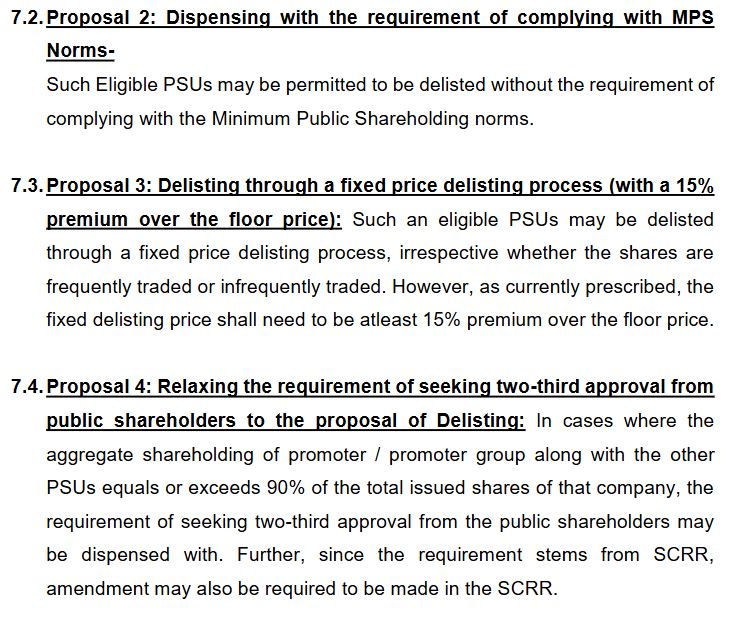In an unprecedented move, a Mutual fund declared winding up 6 credit risk funds (CSF) overnight having 26,000 crore in AUM. This has caused undue anxiety amid investors as they cannot buy, sell or redeem their units.
(a) Liquidity, Maturity profile and #Credit quality for CSFs should be checked thoroughly before investing. This particular MF had redemption issues earlier with Essel, #ADAG and #Vodaphone exposure. This is not a new issue, but extension of previous investment calls.
(b) #Emergency fund cannot be invested in debt funds specially credit risk funds. If you were doing this, it's time to get a financial advisor on board. If he has recommended these funds, time to change your advisor.
(c) Not all CSFs are same. There are high risk- high return- relatively illiquid #concentrated funds and low risk- low return- relatively liquid- diversified funds. A thorough research and monitoring is required for investment in these funds. They are NOT as safe as FDs
(d) Check how much of your credit risk portfolio investment is in companies below AA- or equivalent ratings. Anything more than 10% can be considered risky and hence, avoidable.
(e) Check how much is borrowing by the MFs against the AUM of schemes. Some have ZERO borrowing which is a good sign.
In case of Franklin, the borrowing will first be settled against redemption. Only then the investors will be repaid.
In case of Franklin, the borrowing will first be settled against redemption. Only then the investors will be repaid.
• • •
Missing some Tweet in this thread? You can try to
force a refresh





